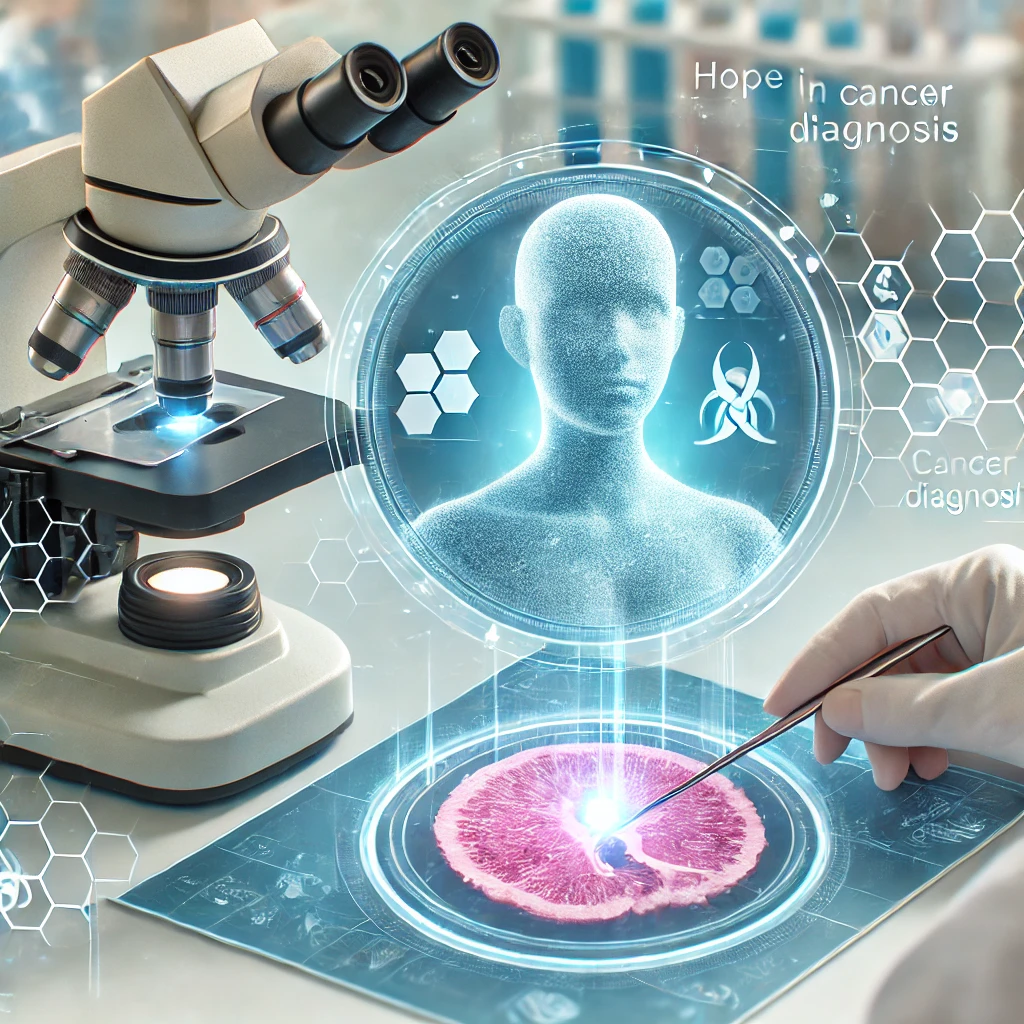Transforming Cancer Care with AI
Artificial intelligence is reshaping the medical landscape, and a groundbreaking AI model from Harvard Medical School is set to revolutionize cancer diagnosis and treatment. This cutting-edge tool, similar to ChatGPT but designed for oncology, not only detects cancer but also assists in treatment selection, predicts patient outcomes, and uncovers new insights into tumor behavior.
CHIEF: A Game-Changing AI Model
Named CHIEF (Clinical Histopathology Imaging Evaluation Foundation), this AI tool was trained on an extensive dataset of 15 million images. These images were segmented into relevant sections before being further refined using 60,000 whole-slide images covering various cancer types, including lung, breast, prostate, colorectal, and brain cancer.
What sets CHIEF apart is its ability to process both specific image sections and the entire image simultaneously. This approach enables a more holistic understanding of tumors, allowing it to detect subtle patterns that might otherwise go unnoticed. The model’s adaptability also ensures consistent results, regardless of whether tumor samples were obtained via biopsy or surgical excision. CHIEF has demonstrated remarkable accuracy, surpassing existing AI models by achieving nearly 94% accuracy across multiple datasets. Overall, CHIEF outperformed the state-of-the-art deep learning methods by up to 36.1%, showing its ability to address domain shifts observed in samples from diverse populations and processed by different slide preparation methods.
One of CHIEF’s most striking capabilities is its ability to highlight areas of interest on tumor images through heat maps. These AI-generated visualizations provide human pathologists with new clues about cancer cell behavior and their interaction with surrounding tissues—insights that could lead to better, more personalized treatment strategies.
As AI continues to evolve, its role in medicine will only expand. Tools like CHIEF represent a significant step toward a future where cancer treatment is more precise, personalized, and accessible for all.
References
https://hms.harvard.edu/news/new-artificial-intelligence-tool-cancer
https://hms.harvard.edu/news/ai-tool-predicts-colon-cancer-survival-treatment-response
https://hms.harvard.edu/news/ai-tool-decodes-brain-cancers-genome-during-surgery
